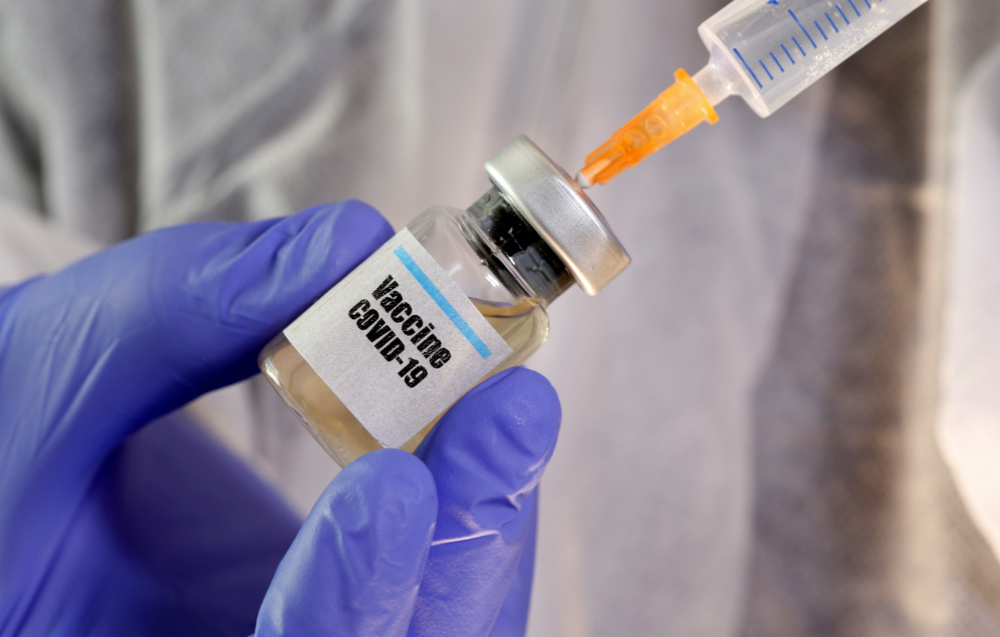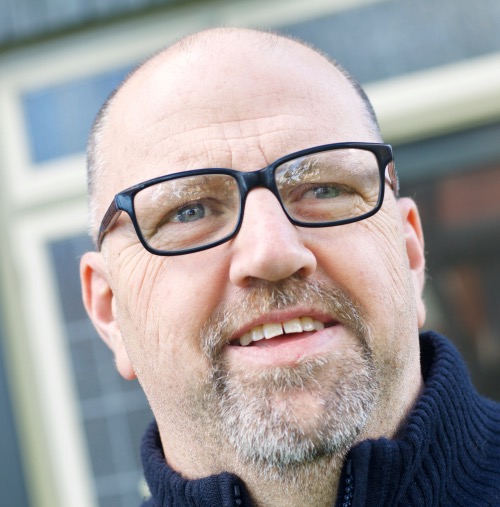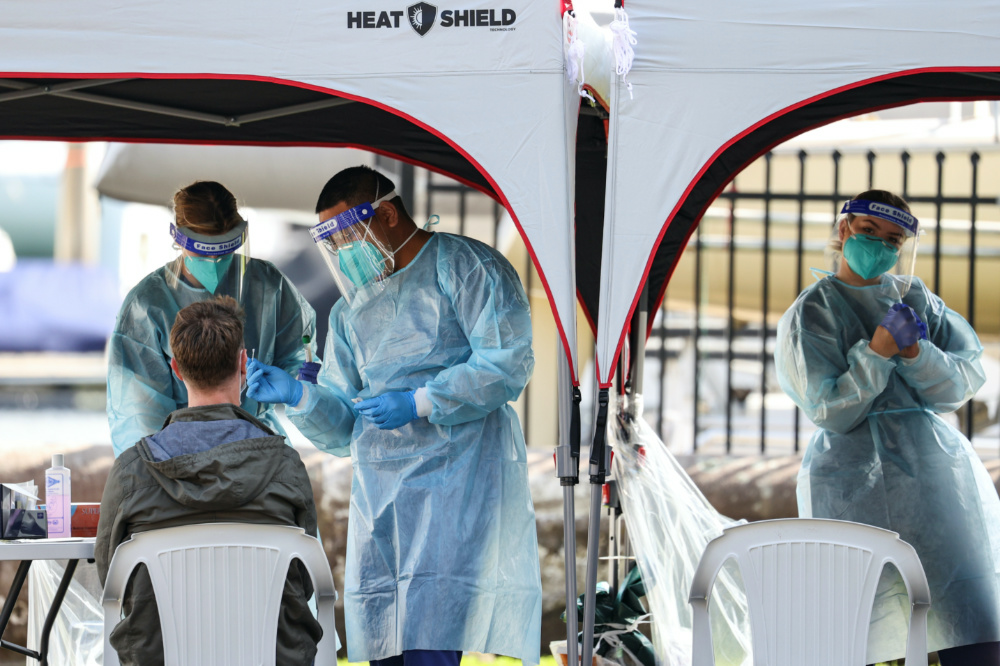
Three Australian prelates recently raised concerns over the origins of one of the proposed coronavirus vaccines. JO KADLECEK looks at the ethical issues involved…
When Australian Prime Minister Scott Morrison announced in August that his administration was considering several options of COVID-19 vaccines – including some developed through stem cells from aborted foetuses – Australia’s religious leaders responded immediately. Greek Orthodox Archbishop Makarios, Roman Catholic Archbishop Anthony Fisher and Anglican Archbishop Glenn Davies publicly objected in a joint letter to the PM, citing ethical concerns.
“This is not an anti-vaccination stance,” the Archbishops wrote. “It is a positive call for ethical research. Vaccines are a good thing yet consistent with our view of the protection of human life in the womb, it is vital that they be produced within an ethically scientific framework.” Their specific concern about the proposed Oxford University coronavirus vaccine was that any vaccine from foetal cells created an ethical quandary for church members and would, in fact, be “deeply immoral” .

ILLUSTRATION: Reuters/Dado Ruvic
“Of course this might all be a non-issue,” bioethicist Dr Megan Best tells Sight. Best, a research associate at The Institute for Ethics and Society and a senior lecturer in research at the University of Notre Dame Australia, believes, “there’s no guarantee there’s going to be a vaccine”. And even if one is developed, Best says that of the 170 vaccine trials for COVID listed on the World Health Organisation’s website, “only a handful of those are manufactured using cells derived from human fetuses electively aborted decades ago.”

Dr John McClean. PICTURE: Supplied.
“Suddenly, everyone is talking about vaccination. There has probably never been such attention on the process of developing, testing and distributing vaccines.”
– Dr John McClean, vice principal of Christ College and convenor of the Gospel, Society and Culture Committee of the Presbyterian Church of NSW.
The issue of a COVID vaccine – or, indeed, any vaccine – can be complicated for Christians wanting to make decisions with Biblical integrity. While Anglican Archbishop Glenn Davies has stated that there is “a real need for Australian Christians to be informed about research and to advocate for ethical limits which protect and respect unborn human life”, Best says the ethics around the use of vaccines and their development require more than just compassion toward the unborn.
She and other Australian Christian leaders and ethicists suggest that among other concerns to be considered are matters of corporate responsibility, mission and personal conscience for the emerging discussions taking place within faith communities around Australia.
“Suddenly, everyone is talking about vaccination. There has probably never been such attention on the process of developing, testing and distributing vaccines,” says Dr John McClean, vice principal of Christ College and convenor of the Gospel, Society and Culture Committee of the Presbyterian Church of NSW.
“There are many angles from which Christians should consider vaccines. For instance, God enables our bodies to fight infection with our immune system, and He has given scientists the skills to understand much about immunity and to find ways to stimulate immunity. We should thank Him for that and receive vaccination as His gift.”
Even with a theological framework of creation, many view vaccines as problematic when considering their origins (as with the Oxford University vaccine) because of the use of cell lines initially obtained from aborted foetuses. Though that fetus might be from a cell line established decades ago – a common practice in much of today’s pharmaceutical and medical research, though not always aligned with abortion clinics – it can be cause for immediate dismissal from many Christians.
However, many vaccines don’t use abortion-derived human cell lines and these are already available for illnesses such as measles, rabies or mumps. And, as both Best and McClean point out, because there are other ways in which cell lines can be established and vaccines can be developed, the choice becomes as much about service to others as it is care for the unborn.
“The wide availability of vaccines has been an enormous public health benefit in the last century,” McClean says. “We need to think of the common good: the effect of vaccines is at least as much about the cumulative effect which comes from most people being vaccinated. That protects individuals who cannot be vaccinated and who are often most at risk and protects the whole community. Receiving a vaccine is not simply about protecting yourself.”

Medical personnel are seen at the Bondi Beach coronavirus disease (COVID-19) drive-through testing centre, as the state of New South Wales continues to report relatively low numbers for new daily cases, in Sydney, Australia, on 2nd September. PICTURE: Reuters/Loren Elliott/File photo.
McClean suggests, too, that vaccines remind Christians they cannot always control the course of their lives or solve every problem confronting humanity. Scientific efforts – like missional ones – require patience, wisdom and integrity so as to reduce the obvious risks of releasing versions “which are less effective than imagined or even which bring their own health risks”.

Dr Megan Best. PICTURE: Supplied
“We must not simply assume that ‘science’ will solve problems safely,” he says. “Since humans are finite and prone to folly, we are right to exercise caution and ask questions. Of course, opposition to vaccination can also be the result of finitude and folly.”
The good news is that the majority of vaccines are already ethically produced, according to Best.
Professor Nalini Pather, a senior academic in medical sciences at the University of NSW, agrees and, in a five-part series for Gospel, Society & Culture, explores what Christians should know about the process of vaccinations, as well as how they can best love their neighbours while considering the most vulnerable when it comes to vaccinating against disease.
“Vaccination provides a very practical way in which we can serve our neighbours and contribute to the common good,” Pather writes. “It is not first of all about protecting ourselves. That is because vaccination is effective through ‘herd immunity’ or as community immunity’. These terms have become common during the COVID-19 pandemic. Understanding what they mean is the key to seeing how important vaccination is, and how it serves a whole community.”
Likewise, Best addressed such issues in her recent essay for The Gospel Coalition: “Does Acceptance of a COVID Vaccine Represent Endorsement of Abortion?” She also provided a helpful framework in her 2012 book, Fearfully and Wonderfully Made Ethics and the Beginning of Human Life, still considered the go-to resource for Australian Christians concerned about the ethics of when human life begins as well as the state of embryonic stem cell research.
“When it comes to day to day decision making in medical practices, it’s helpful to think about redemption, that we have a God who can redeem things out of evil,” Best tells Sight. “We might have to learn to live with some grey areas in terms of some issues and legalities, and that requires wisdom to navigate our way in a complicated world.”





